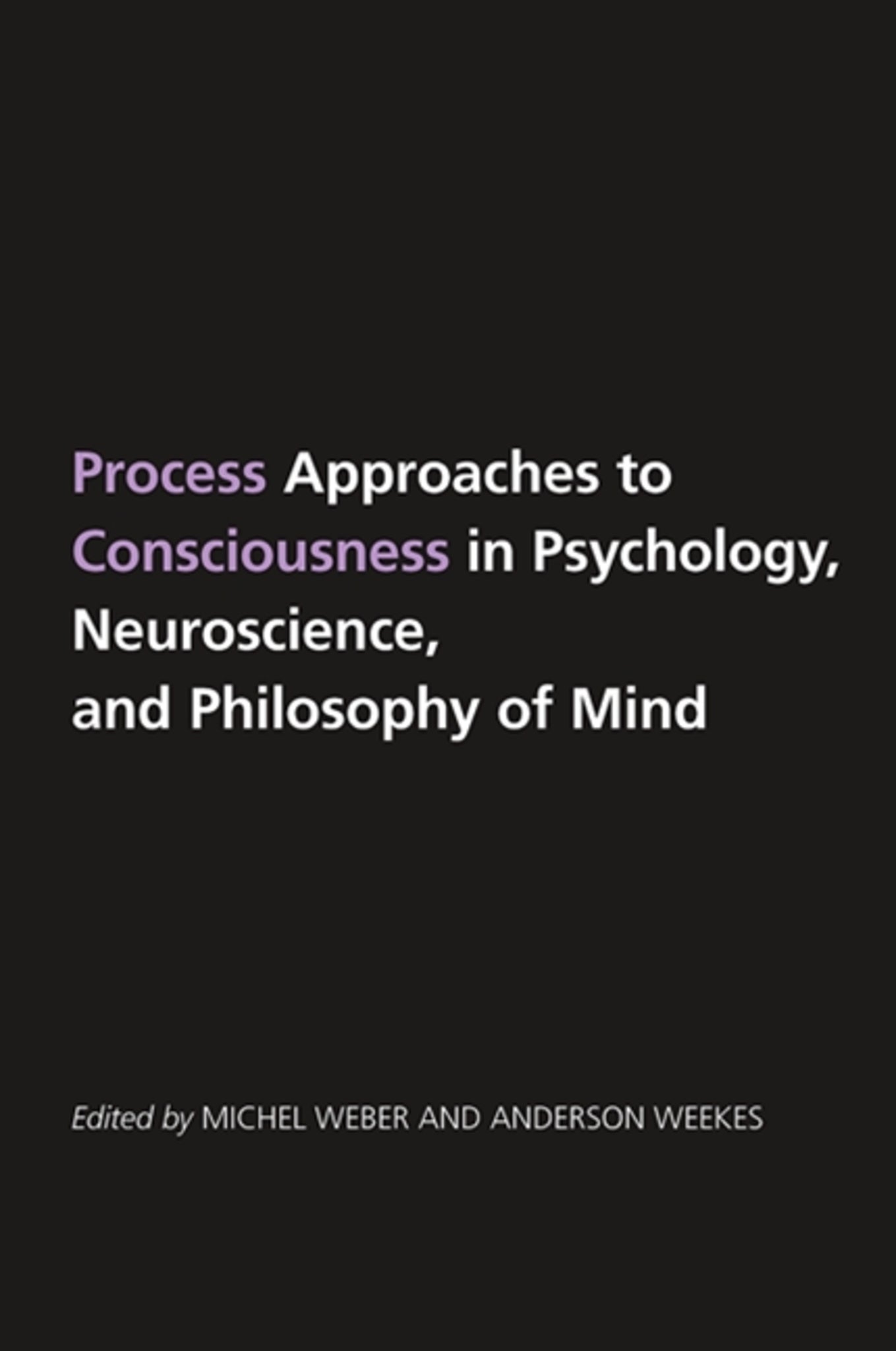We're sorry. An error has occurred
Please cancel or retry.
Process Approaches to Consciousness in Psychology, Neuroscience, and Philosophy of Mind

Some error occured while loading the Quick View. Please close the Quick View and try reloading the page.
Couldn't load pickup availability
- Format:
-
02 January 2011

Opens a dialogue between process philosophy and contemporary consciousness studies.
This collection opens a dialogue between process philosophy and contemporary consciousness studies. Approaching consciousness from diverse disciplinary perspectives-philosophy, psychology, neuroscience, neuropathology, psychotherapy, biology, animal ethology, and physics-the contributors offer empirical and philosophical support for a model of consciousness inspired by the process philosophy of Alfred North Whitehead (1861–1947). Whitehead's model is developed in ways he could not have anticipated to show how it can advance current debates beyond well-known sticking points. This has trenchant consequences for epistemology and suggests fresh and promising new perspectives on such topics as the mind-body problem, the neurobiology of consciousness, animal consciousness, the evolution of consciousness, panpsychism, the unity of consciousness, epiphenomenalism, free will, and causation.


"…process thought needs a book like this … The authors engage richly with the history of western philosophy, contemporary analytic philosophy, psychology, and neuroscience, creating a fine meshwork of connections in which the process approach stands out in vivid contrast with modern alternatives, while at the same time making sense of its perennial minority status." — American Journal of Theology and Philosophy
"Weber and Weekes have produced a volume of essays that fills a lacuna in the Whitehead literature, namely, A. N. Whitehead's process approach to consciousness and its relevance to contemporary consciousness studies … Contributors include an international lineup of philosophers, biologists, psychologists, and neurologists." — CHOICE
"Weber's and Weekes's collection shows that Whitehead paves the way to a new philosophy of mind that reorients all the currently debated issues and in particular enables us to root psychotherapy in processes hitherto ignored because they belong to an order of reality that eludes scientific observation." — Jean-Marie Breuvart, Professor of Philosophy (retired), Université Catholique de Lille
List of Figures and Tables
Key to Abbreviations of Whitehead’s Work
Introduction
Michel Weber and Anderson Weekes
Part I. Setting the Stage
1. Process Thought as a Heuristic for Investigating Consciousness
Michel Weber and Anderson Weekes
2. Whitehead as a Neglected Figure of Twentieth-Century Philosophy
Michel Weber and Anderson Weekes
3. Consciousness as a Topic of Investigation in Western Thought
Anderson Weekes
4. Whitehead’s Unique Approach to the Topic of Consciousness
Anderson Weekes
Part II. Psychology and Philosophy of Mind
5. Consciousness as Subjective Form: Whitehead’s Nonreductionist Naturalism
David Griffin
6. The Interpretation and Integration of the Literature on Consciousness from a Process Perspective
Michael Katzko
7. Windows on Nonhuman Minds
Donald Redfield Griffin
Part III. From Metaphysics to (Neuro)Science (and Back Again)
8. Panexperientialism, Quantum Theory, and Neuroplasticity
George W. Shields
9. The Evolution of Consciousness
Max Velmans
10. The Carrier Theory of Causation
Gregg Rosenberg
Part IV. Clinical Applications: Consciousness as Process
11. The Microgenetic Revolution in Contemporary Neuropsychology and Neurolinguistics
Maria Pachalska and Bruce Duncan MacQueen
12. From Coma to Consciousness: Recovery and the Process of Differentiation
Avraham Schweiger, Michael Frost, and Ofer Keren
13. Consciousness and Rationality from a Process Perspective
Michel Weber
Part V. History (and Future?) of Philosophy
14. Consciousness, Memory, and Recollection According to Whitehead
Xavier Verley
15. Consciousness and Causation in Whitehead’s Phenomenology of Becoming
Anderson Weekes
List of Contributors
Index



